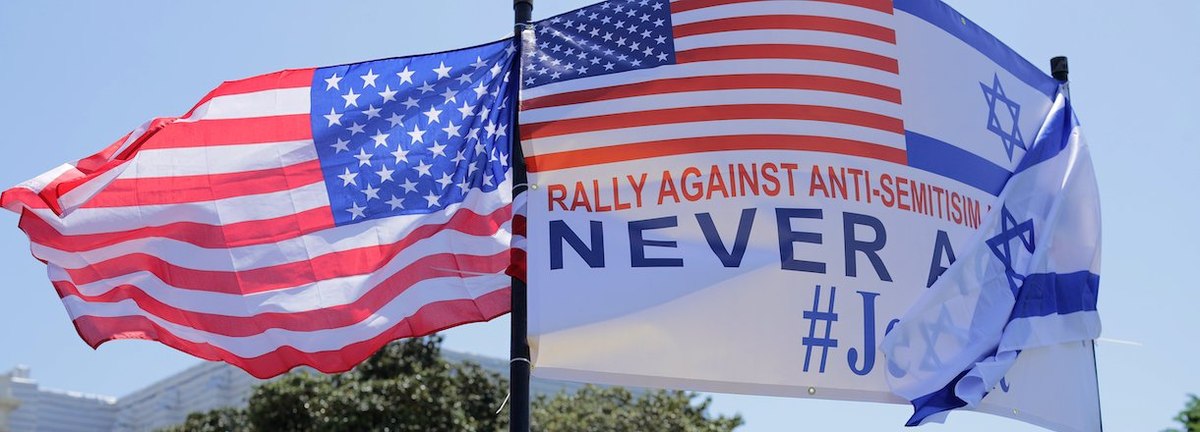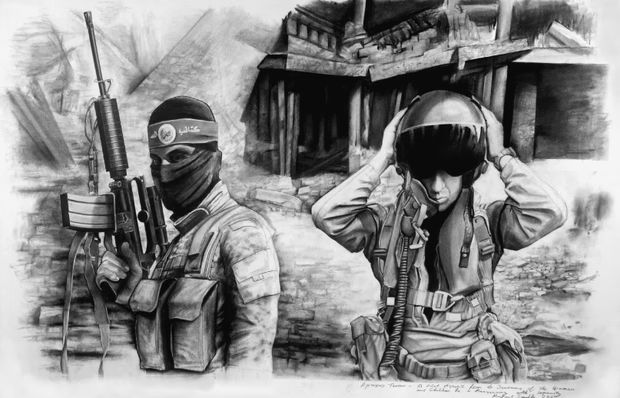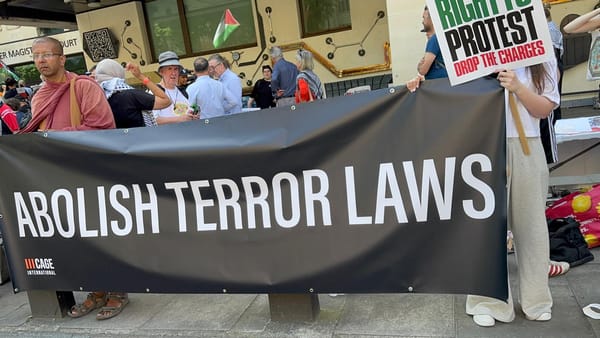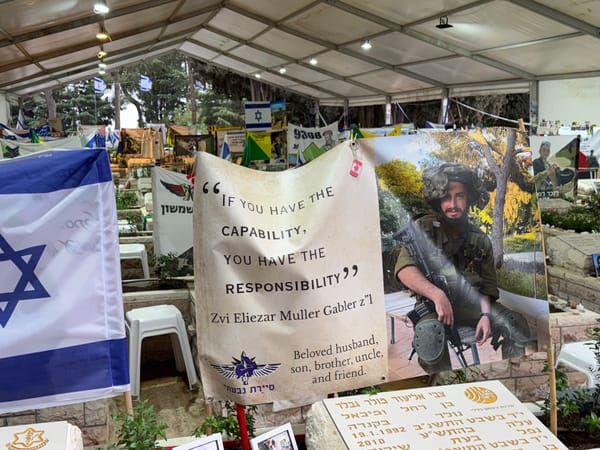This Most Important of Important Days
Mark Birbeck writes that on the first Holocaust Memorial Day after 7/10, it is more important than ever to argue that the Holocaust was a unique event, built on anti-Semitism.
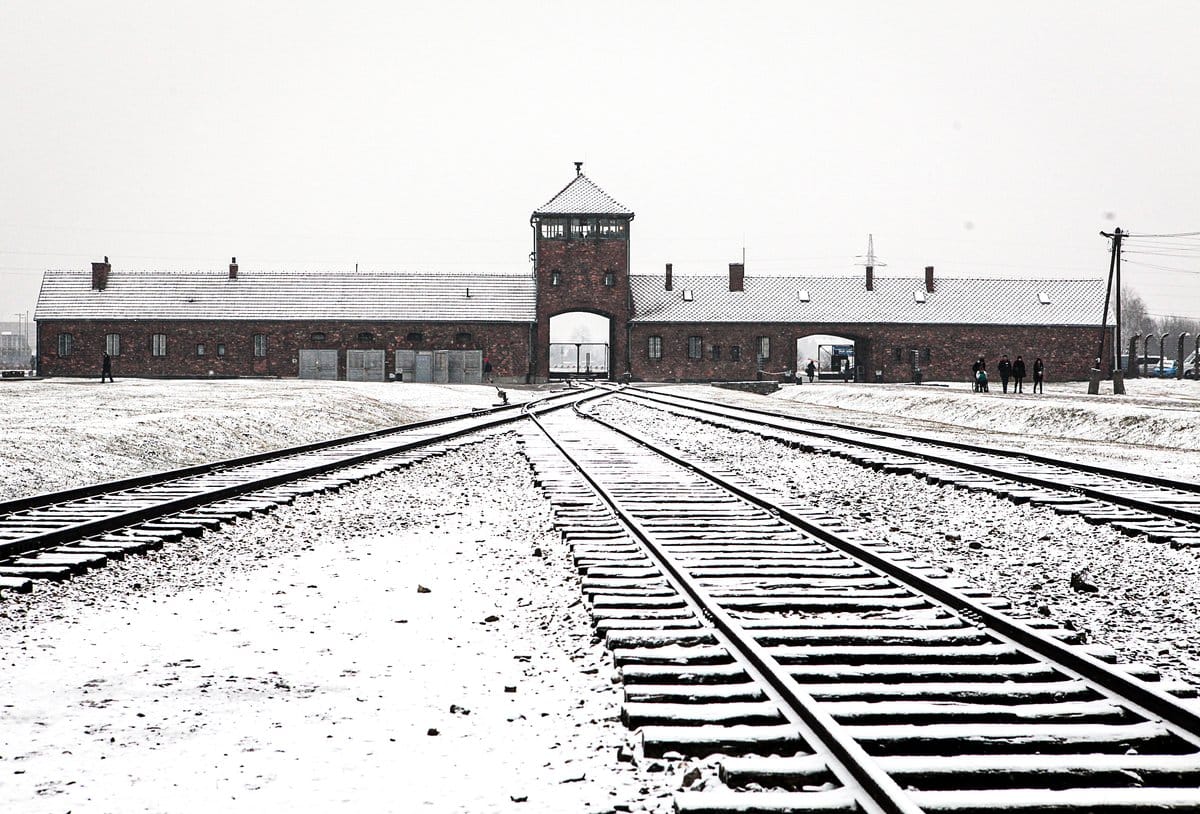
I was possibly 11 or 12. As usual for my mother, there was a stack of library books on her bedside table, and as usual for me I'd sit on the side of my parents' bed and poke through them. One day I started flicking through a book about the Holocaust. The centre of the book had black and white photographs of the camps, the trains, the barbed wire, the ditches. Ditches filled with so many bodies; one group burying those before them, to be buried themselves by those who followed.
I stared at a particular grainy photograph of the showers, with a simple caption underneath; the marks on these walls were made by the fingernails of adults and children as they died.
I can still remember the waves of confusion that overtook me as I leafed through the book and its photographs, reading one caption after another. I could not understand if what I was seeing had actually happened, hoping that maybe the photographs were from some strange film.
During that day I kept returning to my parents' room, repeatedly picking up the book. But the more I looked at it, the worse my confusion became. With each visit it was certainly clearer that the events depicted were real, that they actually did happen, that millions were killed in factories created for exactly that purpose. But now in my young mind the confusion about fact gave way to a confusion about how. Surely no-one would have let these things happen? Surely the world would not have allowed people to be herded onto trains with their coats and suitcases and children, sent to be killed on an industrial scale, to die naked in a shower, clawing at the wall.
But the world did let it happen.
In fact much of the world enthusiastically helped to make it happen.
And when the Nazis were at last defeated the world looked at its shoes, mumbled an apology, and promised that it would never let it happen again.
Holocaust Memorial Day
A part of this promise was to establish a day of remembrance. Holocaust Memorial Day was set to be January 27th, since that was the day in 1945 which saw Auschwitz-Birkenau liberated–a camp where over 1 million Jews and a hundred thousand others had been exterminated as part of the Final Solution.
But despite this annual reminder, knowledge and awareness of the Holocaust is actually declining. A recent Economist/YouGov survey suggested that 20% of young Americans think the Holocaust is a myth. Dig deeper and the results are even more striking; a further 30% neither agree nor disagree when asked this question.

In other words, despite decades of memorial days, teaching in schools, films, books and documentaries, only half of those polled could confidently say that the Holocaust definitely, actually, really, happened. The shock that people of my generation would have experienced in their youth, on learning of the Holocaust from a library book in their parents' bedroom, is long gone.
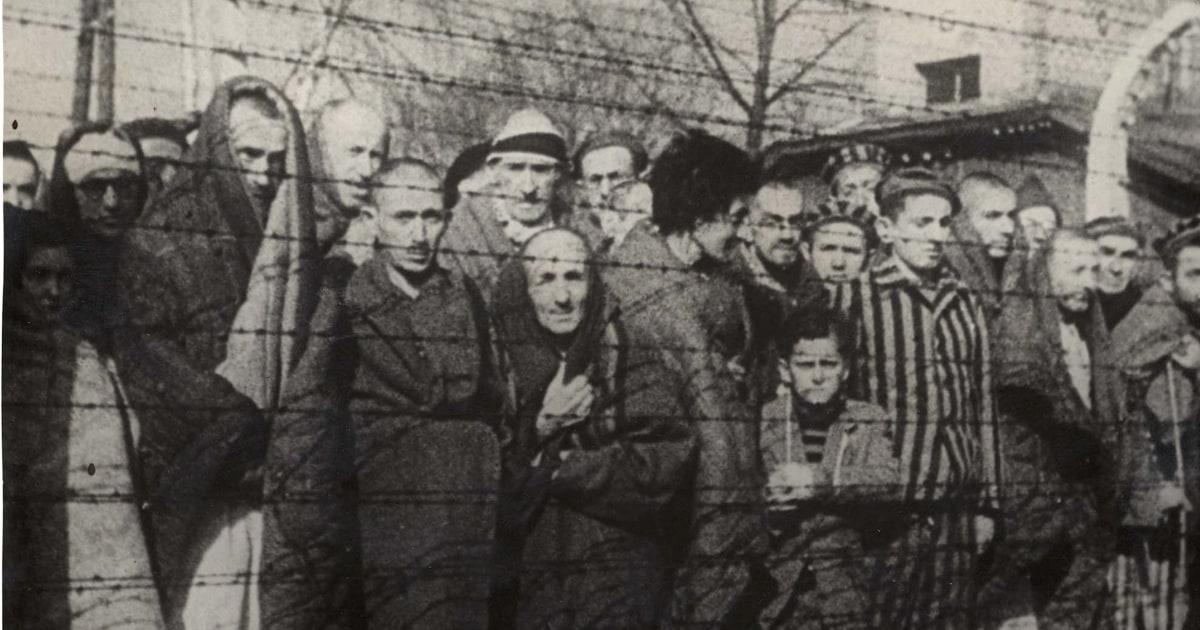
Yet even though our young clearly have a problem–and similar polls in the UK paint the same picture as in the US–the biggest issue is surely that the generations before have not transmitted to them a deeper understanding of what the Holocaust represents.
While those who survived the Holocaust have done plenty to ensure that the story continues, the generations after have relied too much on these aging heroes, leaning on their appearances at schools and rallies up and down the country. Yet it's the next generation that should have provided the energy, focus and voice we need, to ensure the memory of the Holocaust is not lost. It's this generation that needs to work out how to make the Holocaust relevant.
We have been complacent, but the challenge is growing by the day.
Greater Challenge
For not only do we need to educate people about the Holocaust, we now face the more urgent task of defending the uniqueness of the Holocaust from those that would say it was only one Holocaust amongst many. In the media, in groups claiming to be progressive, in universities, on the streets of our cities–and now, outrageously, in the International Court of Justice (ICJ)–there are many who would like to turn the tables on Israel, and liken its legitimate war against Hamas terrorists to the darkest period in human history.
Accusations of genocide, describing Israelis as Nazis–it must all be challenged. We must say that the Holocaust was about anti-Semitism, and we know what anti-Semitism will bring.

Important Day
So whilst it's clear that Holocaust Memorial Day is an important day, today's Holocaust Memorial Day, barely 100 days after the world let it happen again, is the most important of important days.
On this memorial day we can see that everything that should have been quashed with 'Never Again' was festering just under the surface.
On this memorial day we can see that generations have been complacent about what it takes to make the Holocaust relevant, year after year.
On this memorial day we must see that if the promise of 'Never Again' is to mean anything, then we must stand up. We must show our outrage at the casual way that the genocide of Jews is being rewritten and relativised. We must attend vigils and marches, challenge tweets, write articles, and perhaps most of all, talk to our young people.
Before 7/10 we thought we were a long way from the black and white photos of the trains and the camps. But if we allow 'genocide' to be appropriated as a tool to attack Israel, if we lose the story of the Holocaust as a unique outrage, if we allow our young to be indifferent to the pogrom that was 7/10, then our fight ahead will be enormous.
We will have become a society that has forgotten what is significant about anti-Semitism. And the Holocaust will cease to be a warning of where anti-Semitism will lead.
Further Reading
